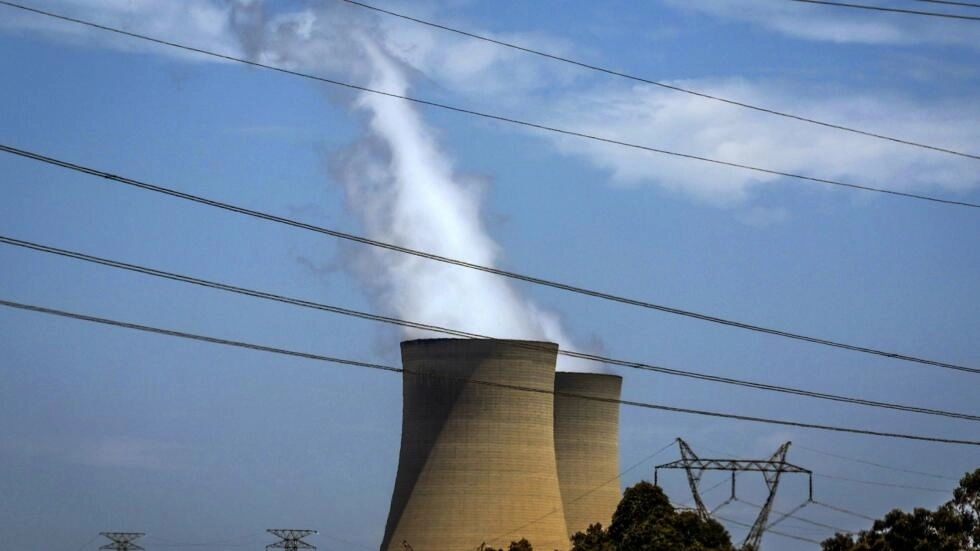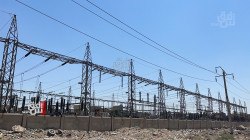IEA and UN report: 660 million to remain without electricity by 2030

Shafaq News/ The International Energy Agency (IEA) and the United Nations confirmed that the number of people deprived of electricity globally increased in 2022 for the first time in ten years, with expectations of a moderate improvement that will still leave 660 million people without electricity by 2030.
An annual report published on Wednesday, co-authored by the World Bank, the International Renewable Energy Agency (IRENA), and the World Health Organization (WHO), revealed that "the number of people without access to electricity increased for the first time in over a decade, as the population grew—mostly in Sub-Saharan Africa—at a higher rate than that of new electricity connections, leaving 685 million people without electricity in 2022, 10 million more than in 2021. A combination of factors contributed to this, including the global energy crisis, inflation, growing debt distress in many low-income countries, and increased geopolitical tensions."
Experts explained that the COVID-19 crisis, rising energy prices fueled by the war in Ukraine, instability in the Middle East, and increased droughts and floods in Sub-Saharan Africa contributed to this "setback in progress."
Additionally, about 2.1 billion people in 2022 relied on unhealthy cooking systems based on coal, manure, wood, or agricultural waste, a number similar to the previous year. The fumes from these practices were responsible for 3.2 million premature deaths each year.
Conversely, the report highlights the strong growth of renewable energy sources, particularly wind and solar energy. In 2022, their production capacity reached a new record level with 424 watts per person on average. Global renewable electricity consumption increased by more than 6% compared to 2021, reaching 28.2% of total electricity consumption.
Financial aid for low-carbon energy in developing countries also increased in 2022 to $15.4 billion, a 25% rise compared to 2021.
Despite these efforts, the world remains unable to achieve the UN's sustainable development goals for energy by 2030, which aim to triple renewable energy production capacity, according to the report's authors.
Based on current policies, 660 million people will still be without electricity in 2030, with 85% of them in Sub-Saharan Africa, and around 1.8 billion people will still rely on harmful cooking systems.
However, World Bank official Guangzhe Chen stated in a press release, "There are solutions to reverse this negative trend, including accelerating the deployment of solar mini-grids and solar home systems. "





